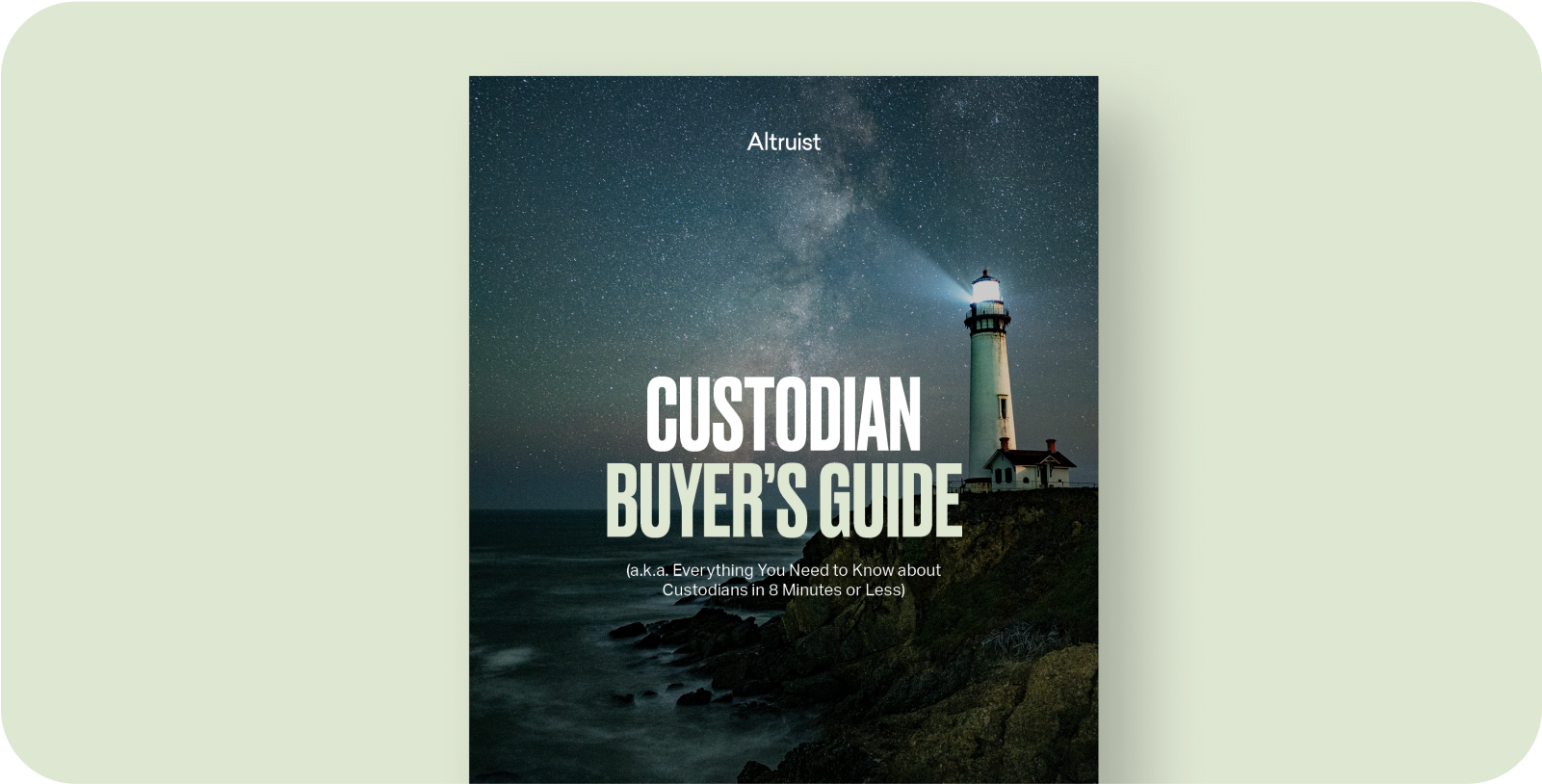If we’ve learned anything in the past year while advising through a pandemic, it’s that beyond technical skills, building relationships with clients early on is crucial to our joint success.
The stereotype of an advisor crunching numbers for only wealthy clients is long gone. Today, financial advisors play a pivotal part in a client’s world. According to my guest, Russ Ford of Wayfinder Financial, financial advisors take on two crucial roles—life coach and wealth manager.
Wayfinder Financial is a full-service financial advisory firm that strives to go deeper than a typical advisor-client relationship at a traditional firm. To nurture and grow these relationships is to understand “the why” and then plan together on this understanding. His approach is client-led and client-focused, and he’s very transparent with his pricing model. He charges a flat, annual fee that’s tiered based on a client’s net worth—and his process is easily accessible on his website. Direct, transparent pricing is just one way Russ connects with clients comfortably and can set the tone of the relationship with a sincere path forward.
By building trust with clients, Russ can restore confidence when his clients might be wavering in their financial decisions. From receiving an inheritance to buying a new home, Russ shares how he approaches each situation differently and compassionately based on the client.
So from the first initial meeting with a new client to a long-term, multi-generation client, how do we as financial advisors build confidence in our clients?

1. Get to know your clients beyond the dollar
Understanding your client’s financial situation requires you to go deeper than a general questionnaire. You have to get to know them and learn about their overall goals. This might mean taking on fewer clients, so you can allocate more time to better serve the clients you have.
2. Anticipate what’s to come
While a significant part of our job as financial advisors is understanding the market and perspective on what’s coming next, we have to remember that our clients do not. Money talk in the media or a glance at a headline can cause severe worry and anxiety about what will happen. As financial advisors, we can help ease and comfort clients by having conversations about what’s on the horizon and planning for it.
3. Empathize with compassion
As stated in our professional title, financial advisors tend to float somewhere between life coaches and wealth managers. As advisors, we must experience empathy—good or bad—for our clients. But to build up confidence in our clients, we can go one step further and come from a place of compassion. This sort of empathy is rooted in wanting to help our clients while understanding the depth and breadth of their situation. By doing so, we can take a unique approach to each client and offer truly tailored advice.
In most challenging situations, having a plan and being prepared can alleviate most of the stress. The same goes for your client’s financial journey. As you build your relationship, it’s important to continue planning and adjusting that plan. Building confidence in your client’s financial future isn’t a set-it-and-forget-it model; it requires shifting and molding to each new challenge and milestone presented.
Disclaimer: Altruist and its affiliates do not give legal advice. The views expressed in this video by the participants are solely their own and do not necessarily reflect the views of Altruist Corp or its subsidiaries. No compensation was provided.
|













